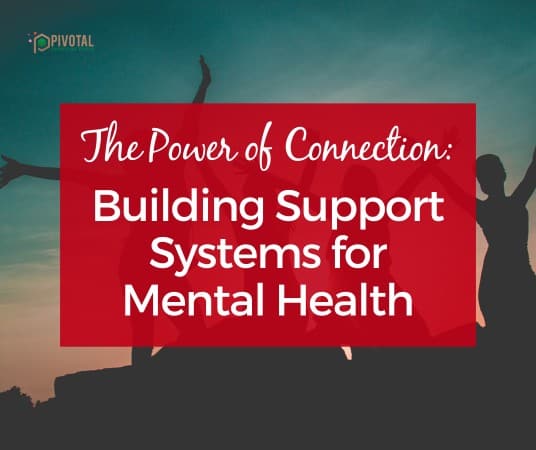
Grief and loss are some of the hardest things to go through because it can often make you feel like you are
alone in the world. Whether you are someone who is going through the grief yourself, or you are looking to get
information to help out a loved one who is struggling with it, you’ve come to the right place. Here, we’ll take
a look at the five stages of grief, how they’ll feel, and how to support someone during each step.
Denial
This is the first stage, and the person who is dealing with the loss will often feel numb. They’ll feel like
life is passing them by and that they are standing still, struggling to come to terms with the loss or the grief
that has happened in their lives. You might be wondering “how can I keep going? What’s the point in continuing?”
This is all part of this stage as you work at understanding how your life has changed so drastically. During
this time, a loved one can best help by listening to what the griever is saying, offering support and not trying
to focus on taking the pain away.
Anger
This step comes suddenly, and it will be like a switch is flipped. The person going through the grief and loss
will lash out at anything and everything: loved ones, God, life, inanimate objects, themselves. It is a time
where your pain is going to be coming out as anger. Don’t suppress it, but try to make sure that you stay away
from violence or other destructive behaviors. Allow yourself to feel the anger, it will be easier to start
processing it. As a loved one, understand that any anger directed at you is not genuine, it’s just pain coming
out in an aggressive way. Be patient and trust that this is part of the process – an important part that needs
to occur. Don’t be afraid to set some limits if their anger is becoming hurtful.
Bargaining
At this stage, those dealing with grief will start to barter with life. They’ll think “Okay, if I’m good for
the rest of my life, then maybe this will turn out to be a dream.” This usually creates a false sense of
security in doing only good things, but it can often come with the side effect of wanting to stay totally still,
not doing anything. Another example would be “If I had found the sickness sooner, they’d still be here.” It’s
often thought of as a bubble. As a loved one, this can be a hard stage to watch. Being on the outside, you can
see that it is a false sense of hope. Allow it to happen, however, and listen to all that the sufferer is
saying.
Depression
Often a long lasting stage, at this point, you’ll understand that you’ve suffered a loss. You’ll be able to see
that it is real life and you need to face a present and future without this special person in your life. You’ll
feel hopeless, alone, angry, bitter, scared, and very sad. This will transition through different stages and
you’ll find yourself wanting to be alone a lot. It often makes you feel like pulling away from your regular
activities, too, and just closing in on yourself. As a loved one, give the person space to feel this way – don’t
discourage it – but also make sure that you are there for them, even if they don’t always appreciate it.
Acceptance
At this stage, you’ll understand that this is your new reality. That’s not to say that you are okay with what
has happened – you’ll probably never feel that way – but that you want to put your life back together and start
trying to get it all to make sense again. When you are watching someone you love get to this stage, give them a
hand in making sure they have that support to move on and that you’re there to help them every step of the way.
While these stages do not always go in this perfect order, most people who have been through this process will
recall being in each of these stages at one point or another. Through all five stages of grief – and beyond –
grief counseling is a great option to consider that will make each part of it easier for both the person who is
struggling with it, and their loved ones.
Pivotal Counseling Center has therapists with a variety of specialties, including grief and loss. We have locations in Woodstock, Illinois, and Lake in the Hills, Illinois. If you are in need of someone to help, please consider giving us a call at (815) 345-3400.
Pivotal Counseling Center is now accepting Medicaid including Blue Cross Community Medicaid, Meridian Medicaid, and Molina Medicaid for outpatient counseling.









